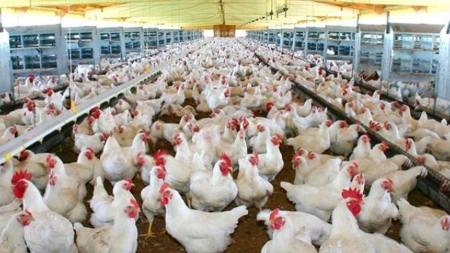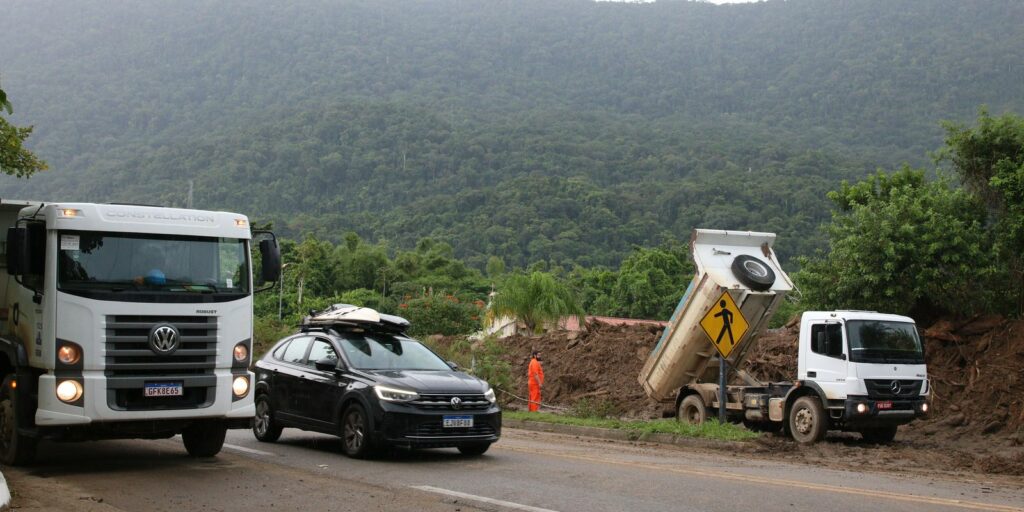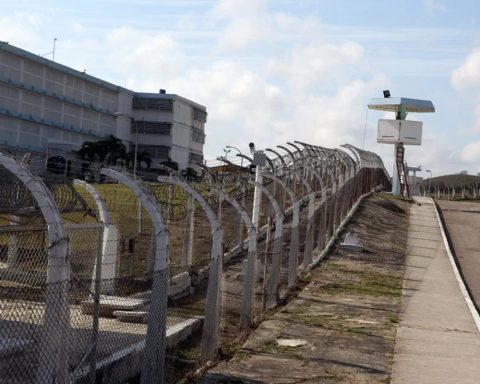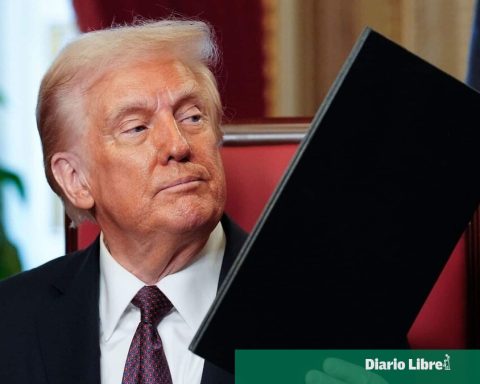The Secretary of Agriculture, Livestock and Fisheries, Juan José Bahillo, said that the appearance of cases of avian influenza in the country generated “a situation to be alert and attentive”and that “the challenge” of the national and provincial authorities, as well as of the entire poultry chain, is that the virus “does not enter the production circuits.”
“We have been working with the business sector, security forces, park rangers, provincial Production and Environment authorities, to quickly detect when there are birds with influenza symptoms so that Senasa (National Agrifood Health and Quality Service) intervenes, to carry out the analysis and measures are taken,” Bahillo said.
“Entre Ríos has 51% of the country’s poultry production and 70% of exports come from it, for US$ 450 million.”Juan Jose Bahillo
Speaking to Radio Universidad de Entre Ríos, the official assured that the appearance of the virus “did not surprise” the authorities since “avian flu has already developed in a large part of the European Union and in the United States and, from the migratory currents of birds that go down mainly through the Pacific, gradually entered different countries such as Colombia, Venezuela, Peru, Bolivia and Chile”.
“It is a situation to be alert and attentive”he remarked, at the same time that he distinguished the cases that arose in wild or domestic birds, outside the scope of commercialization and export.
The weight of poultry production in the Entre Ríos economy
In this regard, he pointed out that “the challenge is that avian influenza does not enter production circuits, fattening or egg-laying farms, because as long as it does not enter there are no trade restrictions in export destinations, and that is what we have to look after”.
Referring to the importance of poultry farming in his province, Bahillo stressed that “Entre Ríos has 51% of the country’s poultry production and 70% of exports come from it, for US$ 450 million.”
“The weight that poultry farming has in the Entre Ríos economy is decisive,” he stressed, while emphasizing that poultry farms “have significant technological development and have very strict biosafety standards.”
For this reason, he maintained, “It is unlikely that the virus will enter the farms, but obviously we cannot rule it out.”
If that were the case, the official explained that “if a sick bird is detected on a farm, we must proceed with the protocols”, consisting of “the slaughter and burial of the animals, a situation that we all want to avoid”.
In another order, he pointed out the “considerable impacts” of the drought in both agriculture and livestock, “which has run out of fodder supply” and consequently producers must resort to feeding their animals with balanced food, which increases costs.

“We have to work so that the producers continue producing, so that the drought does not leave any producer on the road and does not take out of the productive circuit any family that works in the activities of the primary sector,” he emphasized, to make way for his Analysis of the Liaison Table protest scheduled for Tuesday, February 28.
In this sense, he maintained that “sometimes the producers do not have the proper knowledge (of the measures announced by the Government) or we do not make the proper communication”, since “many times the producer believes that the measures operate ex officio and it is not like that, you have to go to the AFIP and do the personal process with the certificate of agricultural emergency”.
When asked what the reasons for the protest are, Bahillo replied: “I’m not saying it in a derogatory way, but you should ask them”, alluding to the rural leaders.
“In the dialogues that I have with the representatives of the Liaison Table, there is no party issue, with their claims I can sometimes agree and many times I can disagree, but the party issue is not in the middle. If there is in other areas I don’t know,” he concluded.


















